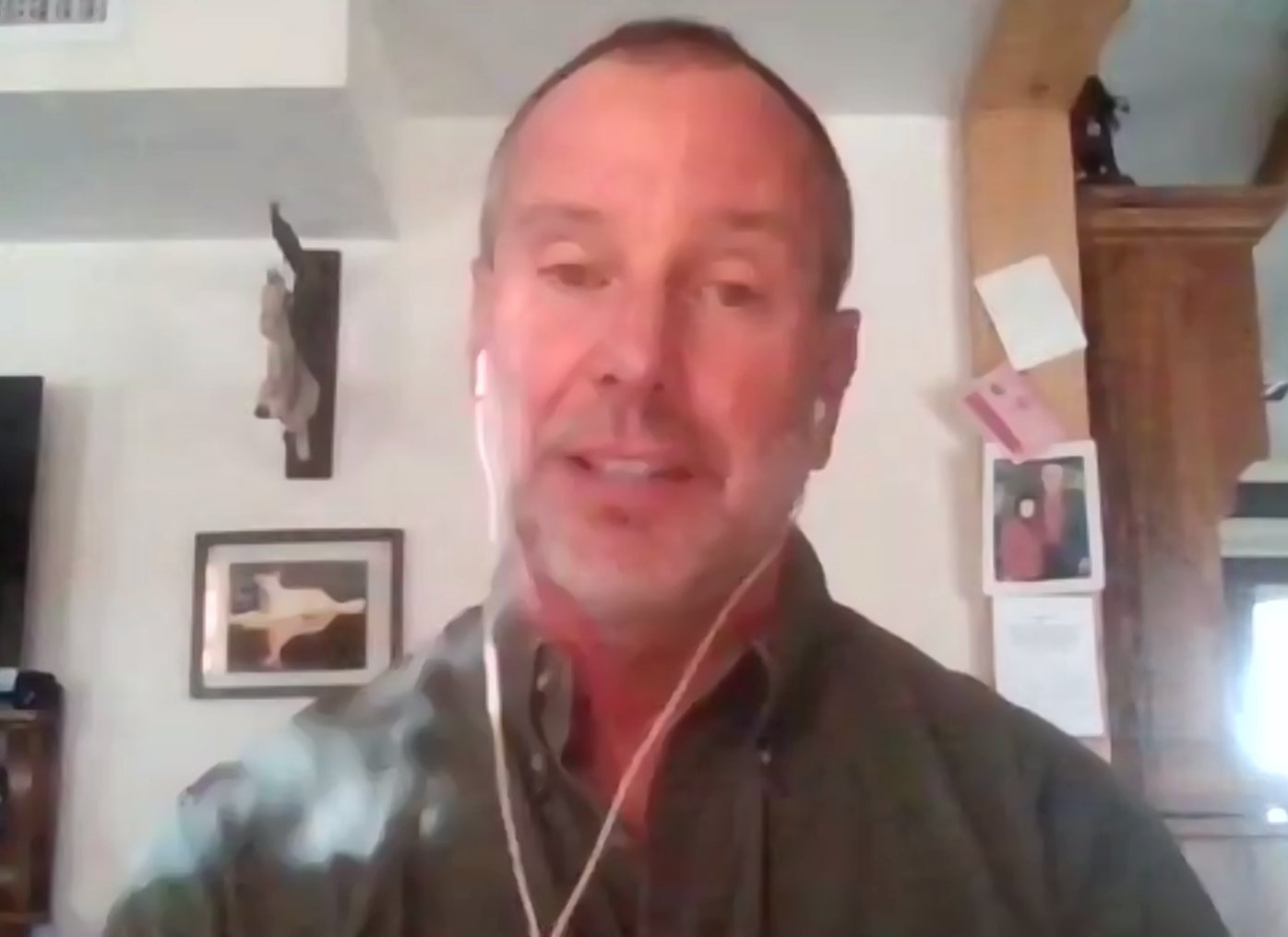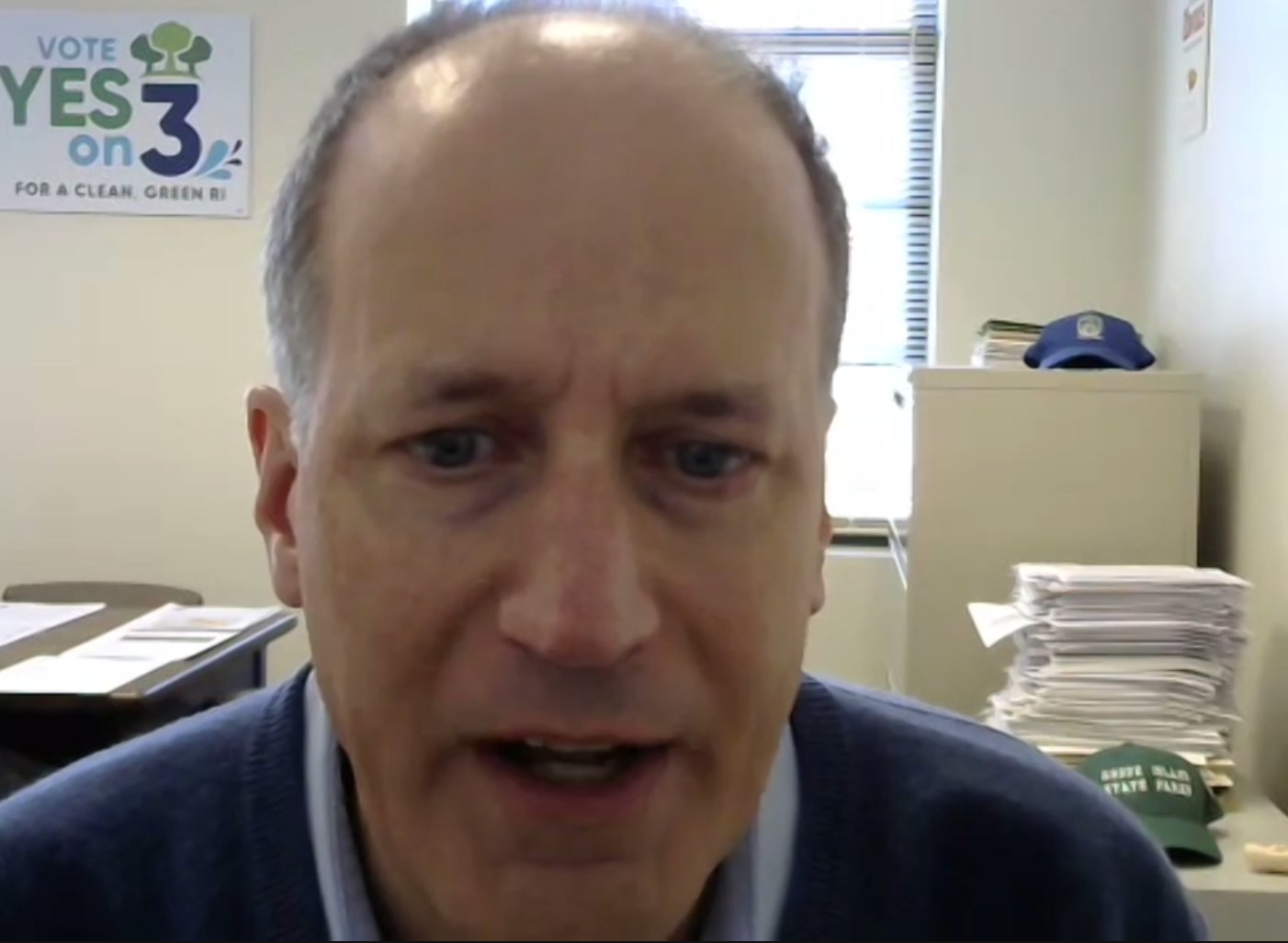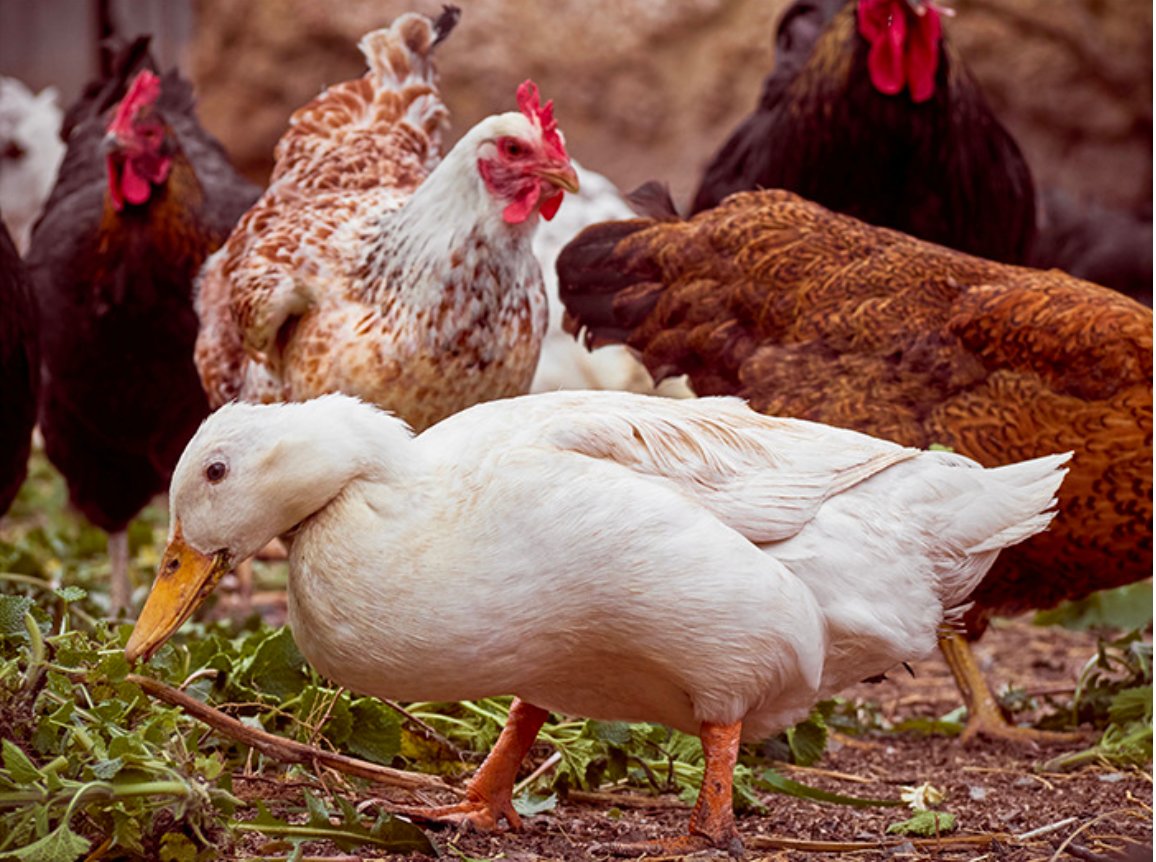‘There’s a lot of virus out there’
DEM urges ‘biosecurity’ of domestic birds to ward off avian flu
In light of today’s news that Rhode Island’s first domestic presence of highly pathogenic avian influenza (HPAI) was detected in Newport County, state health officials are sounding the …
This item is available in full to subscribers.
Please log in to continue |
Register to post eventsIf you'd like to post an event to our calendar, you can create a free account by clicking here. Note that free accounts do not have access to our subscriber-only content. |
Day pass subscribers
Are you a day pass subscriber who needs to log in? Click here to continue.
‘There’s a lot of virus out there’
DEM urges ‘biosecurity’ of domestic birds to ward off avian flu
In light of today’s news that Rhode Island’s first domestic presence of highly pathogenic avian influenza (HPAI) was detected in Newport County, state health officials are sounding the alarm to slow the spread of the virus, which can infect people but presents a low public health risk.
“It’s here, and it’s in domestic birds,” Michael Healey, chief public affairs officer for the R.I. Department of Environmental Management (DEM), said during an online press briefing Friday afternoon.
Dr. Scott Marshall, the state’s veterinarian, said DEM received a report on Wednesday, Oct. 19, from a woman who owns domestic ducks, geese, chickens and turkeys, four or five of which died suddenly. The birds were being kept as pets on a farm in Newport County with a pond, said Marshall, who declined to be more precise regarding the property’s location.
“We don’t want to be any more specific, because we don’t want to (identify) the farm,” he said.
Added Healey, “There’s a stigma attached, and we want to protect this woman’s anonymity.”
Earlier today, staff members from the DEM Division of Agriculture and Forest Environment humanely euthanized the flock, which had unrestricted access to wild waterfowl, which carry HPAI and other diseases that can be spread to domestic birds.
“Overall, we euthanized 24 birds this morning,” said Marshall, who was present for the unwelcome job, in which a plastic poultry crate was placed inside a chamber pumped with carbon dioxide.
“In this case it was a very emotional situation, it was a backyard flock; all the birds had names,” he said. “It’s part of the job we all hate, but we rationalize it by saying at least the animal is no longer suffering.”
Another 28 birds from the flock died on their own, putting the total of dead birds at 52.
“Amplify losing your pet 52 times,” he said.
The farm is under quarantine for 120 days, which is the earliest the woman could restock. “It’s a criminal offense if she violates a quarantine,” Marshall said.
Risk to humans?
In April a case of humans contracting HPAI from birds on a farm was confirmed in Colorado, but it presents a low public health risk with person-to-person spread occurring very rarely, mainly in family clusters, according to DEM. Also, no sustained transmission has been noted, according to the United States Centers for Disease Control and Prevention (CDC). Avian influenza viruses respond to standard antiviral drugs.
Birds from infected flocks will not enter the food system. CDC reminds the public that the proper handling and cooking of poultry and eggs to an internal temperature of 165 degrees kills bacteria and viruses.
“The take-home message to people is, the virus is here. Practice good biosecurity; that’s how you protect your flock,” Marshall said.
‘Grim,’ but not unexpected
Healey said DEM’s “been trying to manage the public’s expectations on (HPAI) for about eight months,” and announced a plan back in March to deal with the virus if he struck here. “We knew from the start it was going to be a matter of when, and not if.”
By June DEM, along with the Nature Conservancy of Rhode Island and the U.S. Fish and Wildlife Service, were looking into a string of waterbird deaths along the Rhode Island coastline. In July, a gull tested positive for HPAI, he said.
“All along we’ve known that the virus is very strong and very prevalent in the environment,” Healey said. “Today the news is grim, but honestly not expected.”
Added Marshall, “We’re all concerned about the scope of this outbreak. Geographically, this is the largest outbreak we’ve ever experienced in this country.”
DEM is monitoring all large poultry farms in Rhode Island, but there are no commercial poultry operations in Rhode Island under U.S. Department of Agriculture’s (USDA) definition, he said.
Horses, dogs, and swine are susceptible to contracted HPAI, but no such cases have been seen here, he added.
DEM works closely with USDA’s Animal and Plant Health Inspection Services (APHIS) to carefully track viruses, Healey said. Protecting the food system is critical, he said.
“Otherwise, that’s kind of catastrophic,” Healey said.











